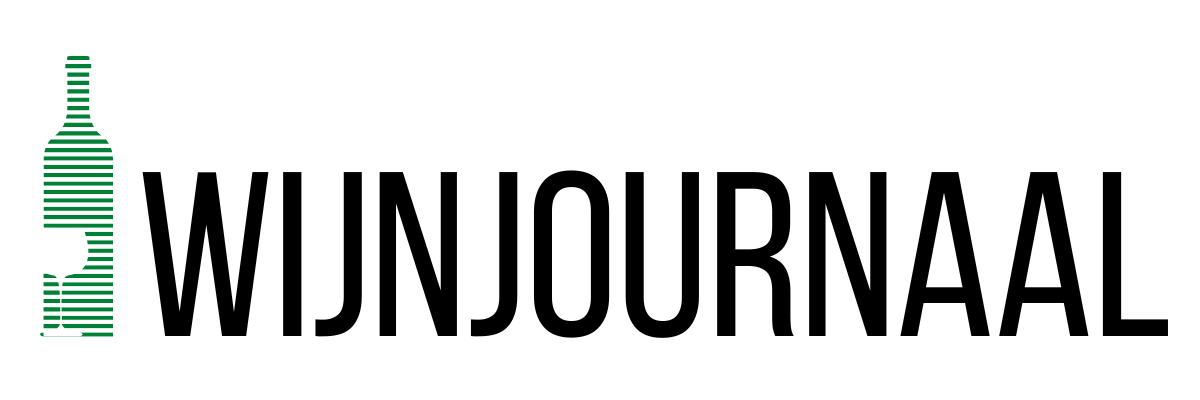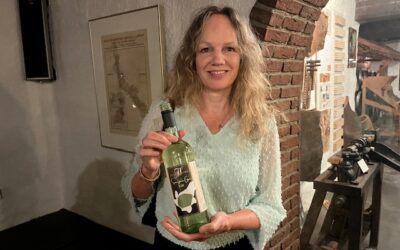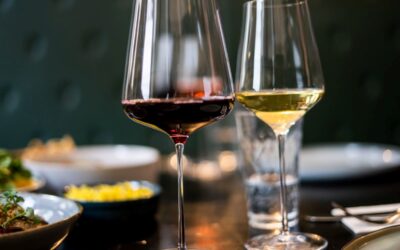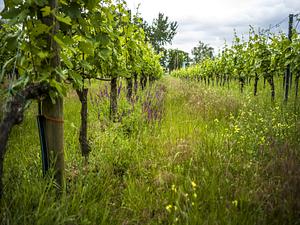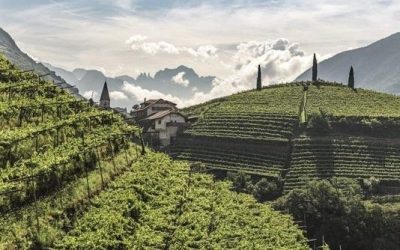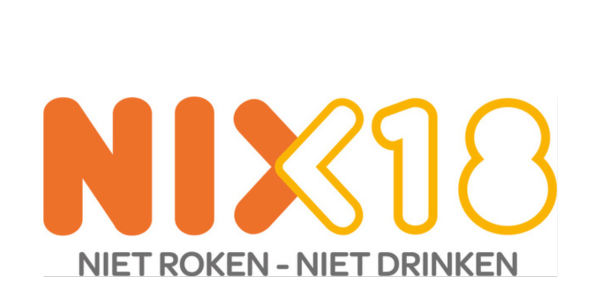In 2012, on the request of its elected representatives, the Bourgogne Wine Board (BIVB) decided to stop translating the word “Bourgogne”, whatever the country. The aim is to help consumers find their way by ensuring coherence between our wine labels and the name of the region where the wines were created.
Bourgogne wines enjoy a strong global reputation with half of all Bourgogne wines produced being sold at export to around 170 territories. However, the farther the consumer lives from France, the more they struggle to understand our appellation system. They can get their bearings thanks to the wine’s origins, which is the name of this winegrowing region. It is therefore essential to use only one powerful name, a synonym for excellence and the respect for origins: Bourgogne.
Historically, Bourgogne is the only wine-producing region in France whose name is translated into different languages: “Burgundy” for English speakers, “Burgund” for Germans, “Borgogna” in Italian, to name but a few. This dates back to ancient times when the region
was established as a crossroads for trade between the north and south and the east and west of Europe, as it still is today.
As such, Bourgogne wine producers and fans find themselves caught up in something of a paradox. The 200 million bottles of Bourgogne wine sold every year have the word “Bourgogne” on their label, either due to their appellation, which might be
Bourgogne, Crémant de Bourgogne, Bourgogne Aligoté, and so on, or because they are a “Vin de Bourgogne” or a “Grand Vin de Bourgogne”. But consumers can find them amongst a range
referred to Burgundy, Burgund, or Borgogna…Confusing, to say the least.
“We felt it necessary to return to our original name, Bourgogne, in order to affirm our true identity, in a unified and collective way,” explains François Labet, President of the BIVB. “I’d say that our appellations are like our forenames, which makes Bourgogne our family name. A name that unites us all with our shared values embracing all the diversity of our wines. You don’t translate a family name!”
Gradually, things are evolving, and we are starting to see the word “Bourgogne” appear in French in texts across a range of media and on certain partner sites abroad. This position is fairly well understood, even if it takes time to change certain habits. “While Burgundy is by far the most widely recognized name for the Bourgogne region in English speaking markets, bearing in mind that all other French appellations go by their native name, wherever they are referenced, I can fully understand why Bourgogne no longer wants to be the exception and move away from using an Anglicization of its name,” explains Patrick Schmitt, Editor-in-Chief
at The Drinks Business.
Julian Camus, President of the Wine Scholar Guild (a US-based international wine education organization), already changed the wording in their presentations. He shared his reasons with us: “Terroirs, whose identities we try to promote and explain to our students around the globe, are not only anchored in geographic place, they are also closely tied to a cultural and historic reality of which language is a major component. Translating the name of a wine region is already taking away a little piece of its identity. That is why we always name the wine regions in the language of their inhabitants. It helps preserve the accent that makes them unique”
About the Bourgogne Wine Board (BIVB)
The Bourgogne Wine Board is a professional organization that brings together all winegrowers and wine merchants from the Bourgogne region. Its role is to represent and protect the interests of Bourgogne winemakers and merchants, to define industry policy in technical, economic and marketing terms, and to conduct promotional activities.
Bourgogne is like a 30,000-hectare patchwork, representing just 0.5% of world wine production with an average of almost 200 million bottles annually. No other French region so neatly encapsulates the notion of terroir in such great quality wines. What makes Bourgogne wines stand out from the crowd is the intimate relationship between the soil, the influence of the microclimate, the grape variety, and the work of the winegrower.
